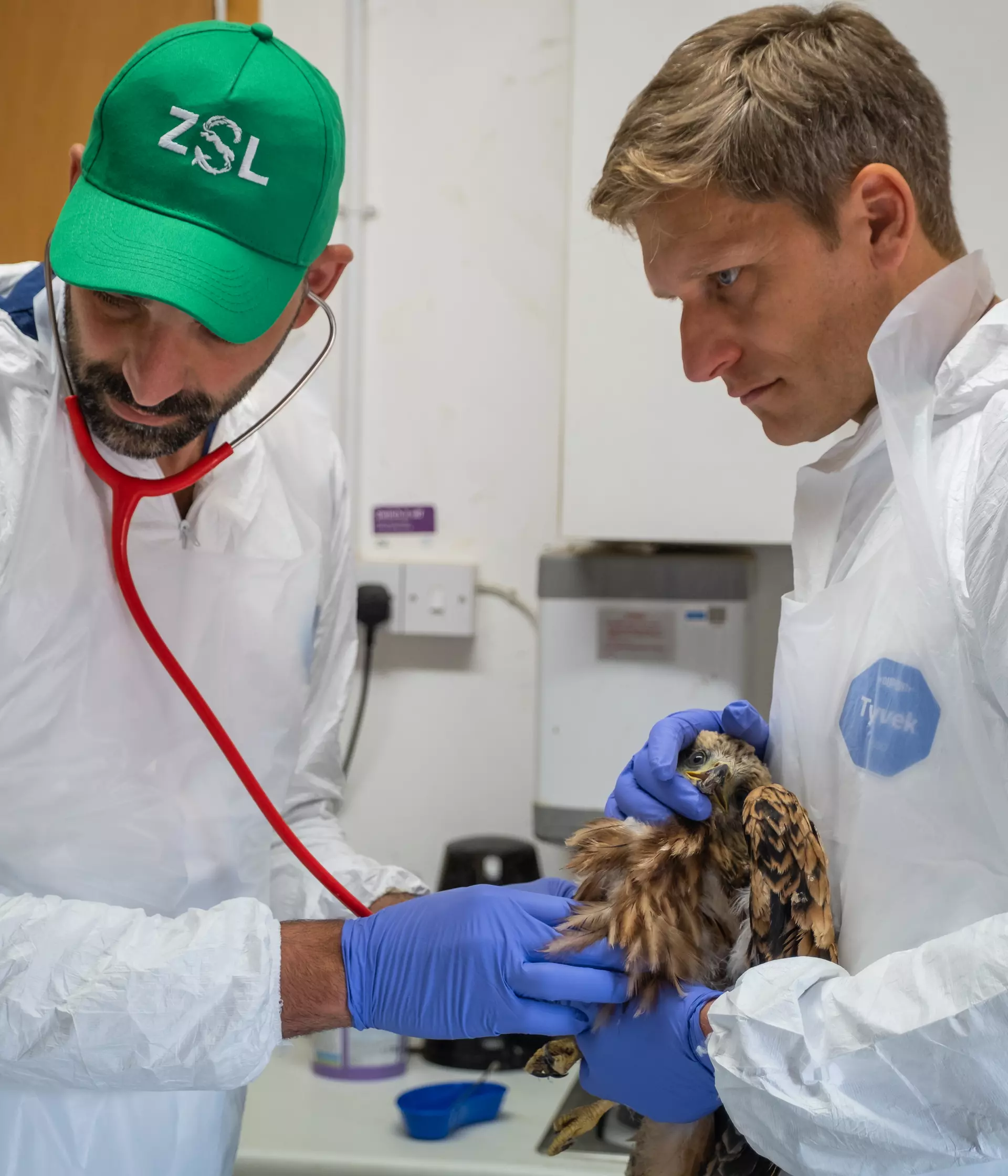Matthew Gould
ZSL Chief Executive Officer
Collaborative science will be key to addressing biodiversity loss and climate change - the UK joining the largest global network to find solutions should be a no brainer, says ZSL CEO Matthew Gould.
“Everyone you will ever meet knows something you don’t.” Bill Nye, one of pop culture’s most famous science communicators, uses these words in his lectures to emphasise the importance of collaboration to solve great problems.
There are few greater problems than how to reverse catastrophic biodiversity loss. And the good news is that there is already an international organisation set up to drive collaboration on the issue: Biodiversa+.
Collaborating to reverse biodiversity loss
An international collaboration currently representing more than 40 countries and 80 partner organisations, its aim is to advance biodiversity research and innovation globally, contribute to the set-up of transnational biodiversity monitoring schemes and guide environmental policy.
The even better news is that countries don’t have to pay to join, and can decide their participation ‘à la carte’, working out which of the research programmes they want to join depending on their priorities and resources. Joining up shouldn't even be a problem for Brexiteers, given it isn’t managed by the European Commission and doesn’t require country members to be part of the EU.
Which is why signing the UK up to Biodiversa+ should be a no brainer for the UK Government. And why it is mystifying that we have not done so already.
On June 5 – World Environment Day - I joined more than 100 other UK conservation leaders and scientists in signing an open letter to the UK Government setting out the case for joining. And that case is compelling. Joining Biodiversa+ would give UK scientists access to stronger academic networks and the opportunity to increase the impact of our efforts to protect nature – both in the UK (one of the most nature-depleted nations in the world) and globally.
But so far, the UK still hasn’t joined.
Climate change and biodiversity loss: two sides of the same coin
The biodiversity crisis – inextricably linked with the climate-change crisis – is not contained by national borders and needs vastly more globally coordinated action informed by the best scientific evidence. Exactly what Biodiversa+ enables.
This is something we saw for ourselves recently, when Biodiversa+’s evaluation panel met at ZSL’s London HQ to evaluate and rank recently submitted projects for vital biodiversity monitoring, directing investment by Biodiversa+ funders. Projects in which UK scientists can currently have no involvement, unless self-funded.
The latest statistics from ZSL’s Living Planet Index tell us that global wildlife populations have plummeted by an average of 69 per cent since 1970. While this is a shocking number, it shouldn’t come as a surprise: scientists and conservationists have been sounding the warning bell for decades.
And collaboration is vital to reversing this decline. Collaboration has enabled ZSL and its partners to lay out ground-breaking frameworks for saving Europe’s seabirds – under threat from climate change. It’s led to scientific breakthroughs in tackling chytridiomycosis, which has been devastating amphibian populations for decades. In recent weeks, it’s seen hazel dormice reintroduced to the UK, and British red kites flown to Spain to bolster the declining population there, important for both these threatened species and the ecosystems they were returned to.
The UK Government has expressed welcome aspirations to reverse climate change and biodiversity loss. Last year, at Montreal’s international COP15 summit, they signed an historic agreement with countries from around the world formalising their pledge to do exactly this. Joining Biodiversa+ would be a huge step towards ensuring the UK does all it can to achieve this goal. It really shouldn’t be a hard decision. Let's not look this particular gift horse in the mouth.
We believe nature can recover, and that conservation is most effective when driven by science and carried out collaboratively. We call for science to guide all global decisions on environment and biodiversity and build a healthier future for wildlife, people and the planet. Support ZSL’s world leading, collaborative science and conservation work today.
